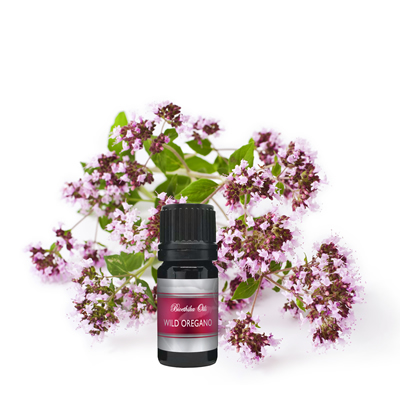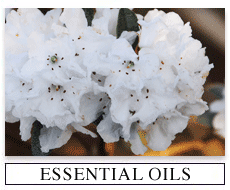Nutraceuticals
Oregano Oil Kills Drug-Resistant Bacteria
2001 OCT 19
NewsRx.com
Oil from the common herb oregano may be an effective
treatment against dangerous, and sometimes drug-resistant bacteria.
Two types of experiments, one in test tubes and
one on mice, have shown that oregano oil and a major component,
carvacrol, appear to reduce infection as effectively as traditional
antibiotics.
Dr. Harry G. Preuss and his research team, collaborating
with Dr. Cass Ingram, of North American Herb and Spice, conducted
research testing oregano oil on staphylococcus bacteria which is
responsible for a variety of severe infections and is becoming
increasingly resistant to many antibiotics. They compared the antibacterial
effects of the oil on staphylococcus in a test tube with the standard
antibiotics streptomycin, penicillin and vancomycin. The oregano
oil, at relatively low doses, was found to inhibit the growth of
staphylococcus in the test tubes as much as the standard antibiotics
did.
The efficacy of oregano oil and one of its major
components, a compound called carvarol, in 18 live mice infected
with the staph bacteria showed that oregano oil was as effective
as vancomycin and more effective than its constituent carvacrol
in treating the staph infections. Evidently, oregano oil has more
than one anti-bacterial component.
While this investigation was performed only in
test tubes and on a small number of living mice, the preliminary
results definitely warrant further study, Preuss said. The ability
of oils from various spices to kill infectious organisms has been
recognized since antiquity. Natural oils may turn out to be valuable
adjuvants or even replacements for many anti-germicidals under
a variety of conditions.
This study was sponsored by Waukegan, Illinois
- based North American Herb and Spice. The results were presented
at the 42nd annual meeting of the American College of Nutrition
held in Orlando, Florida.
This article was prepared by Drug Week editors
from staff and other reports.





